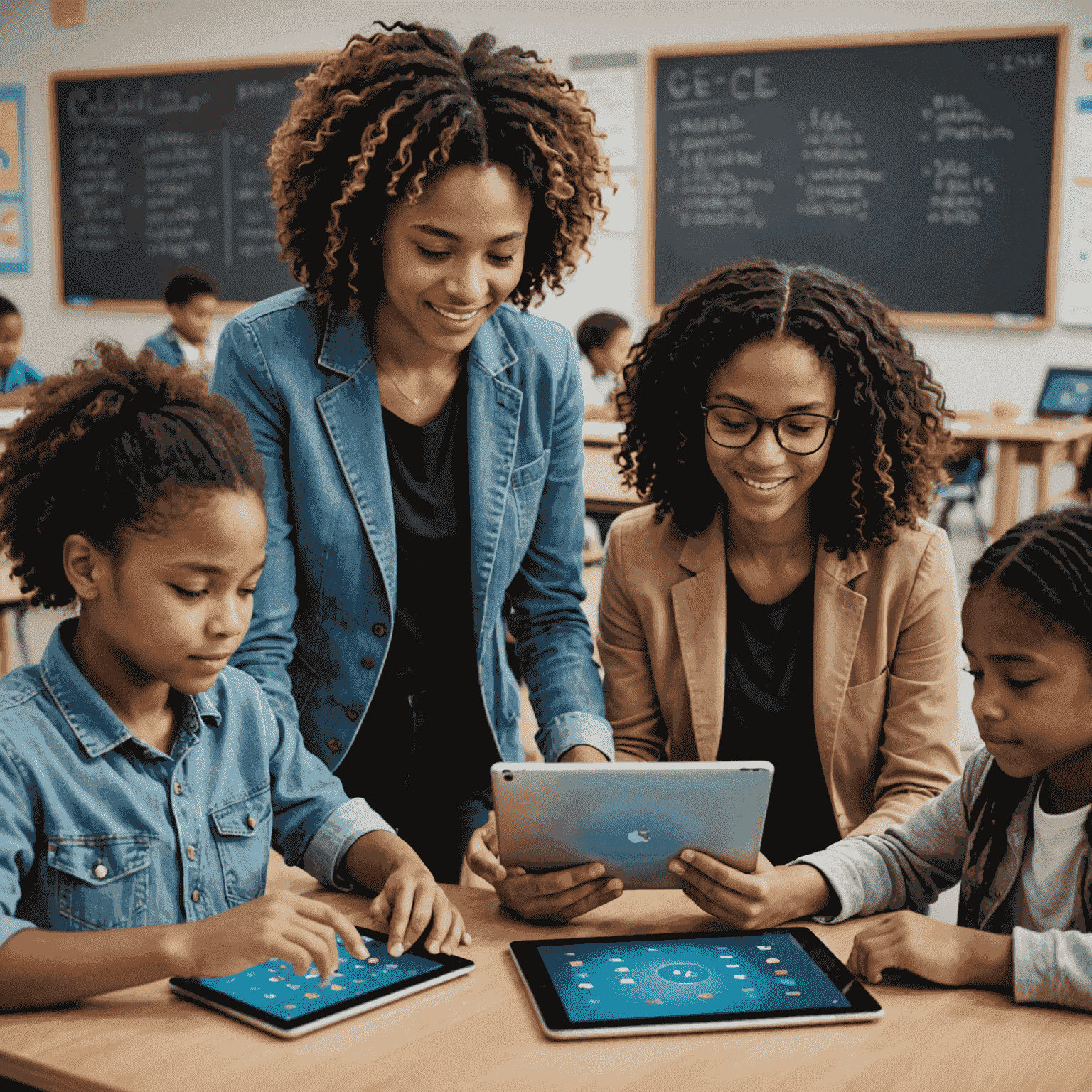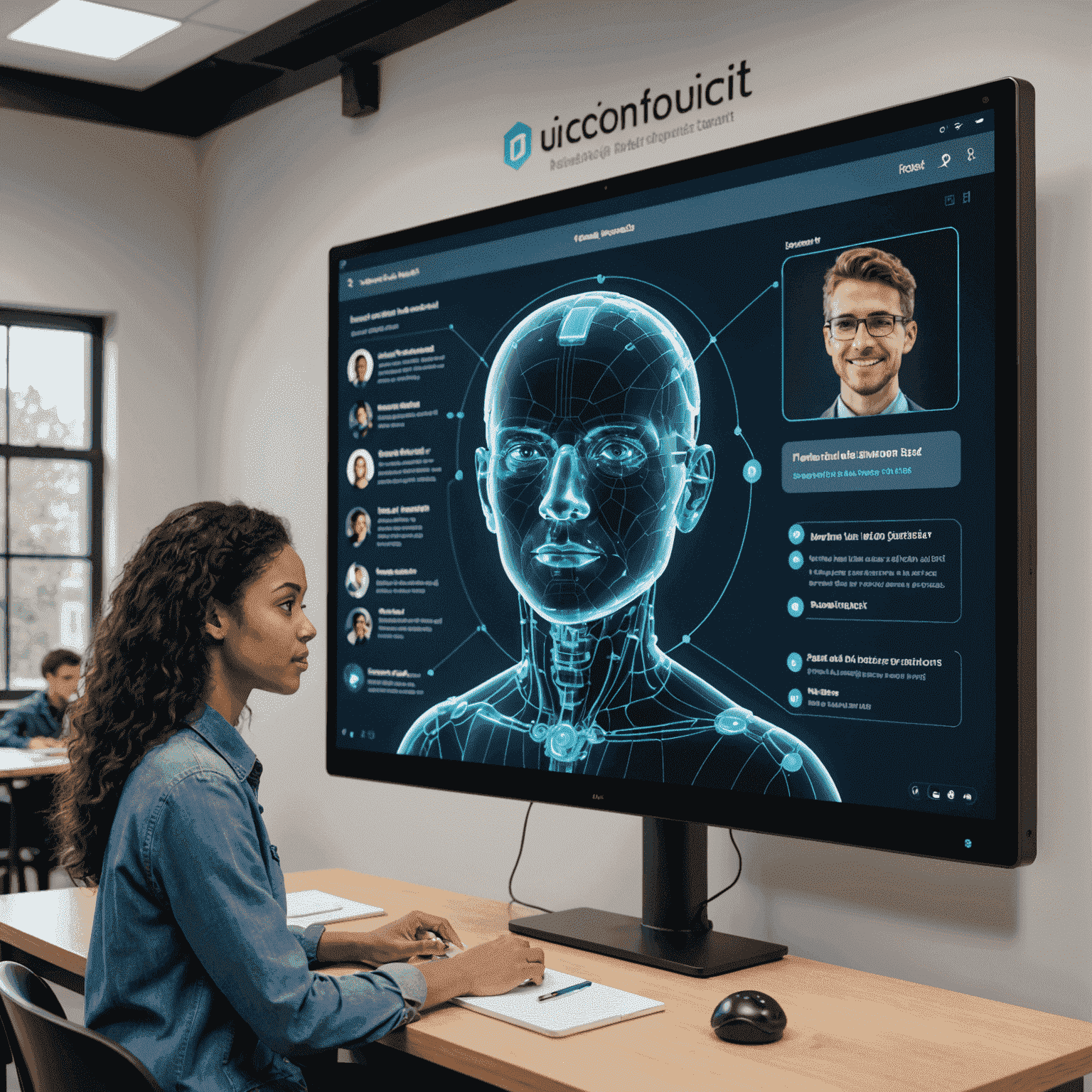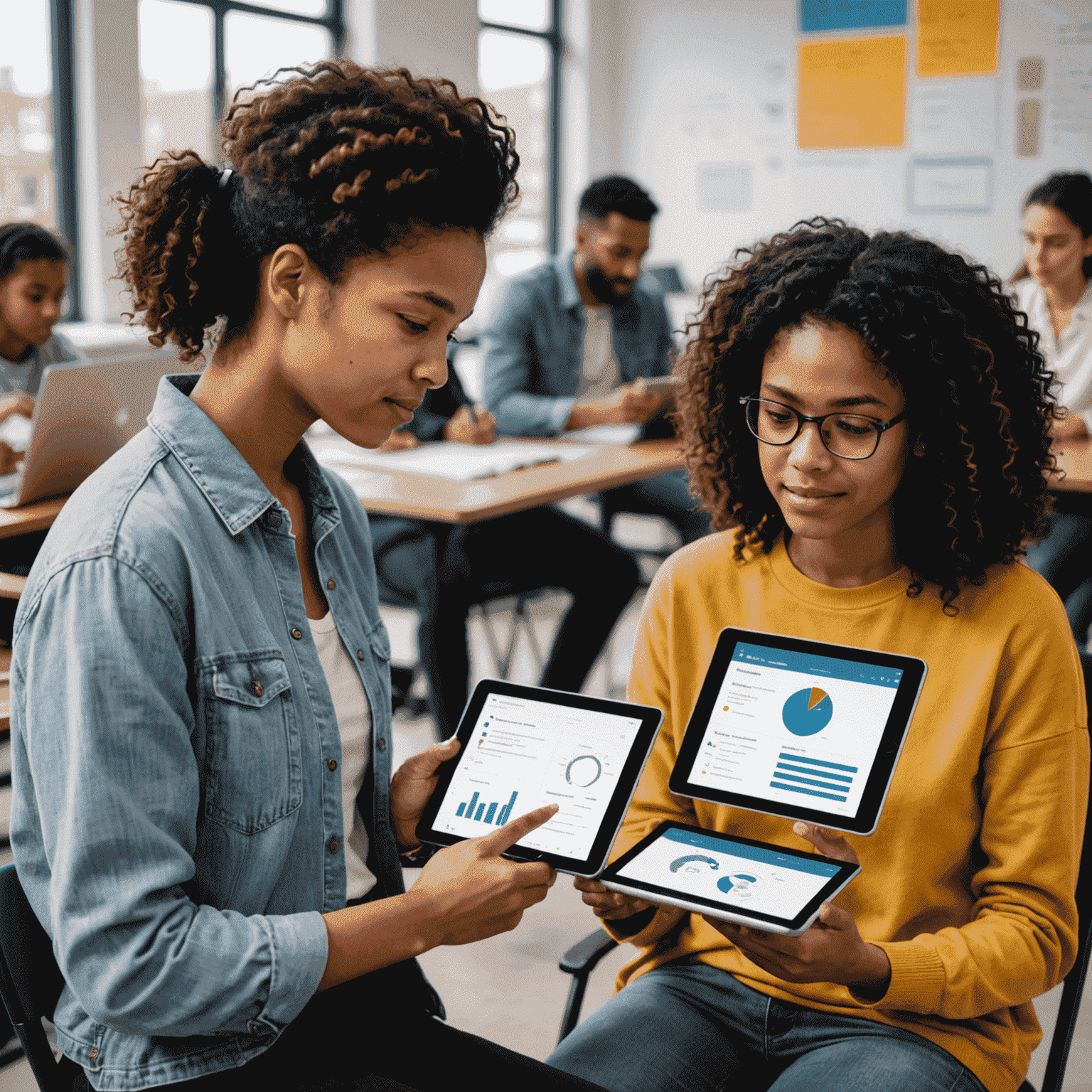AI in Education: Revolutionizing the Classroom Experience

Artificial Intelligence (AI) is transforming the educational landscape, offering unprecedented opportunities for personalized learning and enhanced classroom experiences. As we approach the EdTech & Digital Learning Summit 2025, it's crucial to explore how AI is reshaping education and preparing students for a technology-driven future.
Personalized Learning Pathways
AI-powered educational platforms are now capable of analyzing individual student performance, learning styles, and preferences to create tailored learning paths. This level of personalization ensures that each student receives the support and challenges they need to thrive academically.
Intelligent Tutoring Systems
Advanced AI tutors can provide instant feedback, answer questions, and offer explanations in real-time. These systems adapt to each student's pace, making learning more accessible and less intimidating for those who may struggle in traditional classroom settings.

Enhanced Data Analytics for Educators
AI tools offer teachers unprecedented insights into student performance and engagement. By analyzing vast amounts of data, educators can identify trends, predict challenges, and intervene proactively to support student success.
Automated Administrative Tasks
AI is streamlining administrative processes, allowing teachers to focus more on instruction and less on paperwork. From grading assignments to managing attendance, AI is freeing up valuable time for educators to engage with their students.
Adaptive Assessments
Traditional one-size-fits-all tests are being replaced by AI-driven adaptive assessments. These tests adjust in real-time based on student responses, providing a more accurate measure of knowledge and skills while reducing test anxiety.

Immersive Learning Experiences
AI-powered virtual and augmented reality technologies are creating immersive learning environments. Students can now explore historical events, conduct virtual science experiments, or practice language skills in simulated real-world scenarios.
Conclusion
As we look forward to the EdTech & Digital Learning Summit 2025, it's clear that AI is not just a futuristic concept but a present reality in education. By embracing these technologies, we can create more engaging, effective, and equitable learning experiences for all students. The future of education is here, and it's powered by artificial intelligence.
